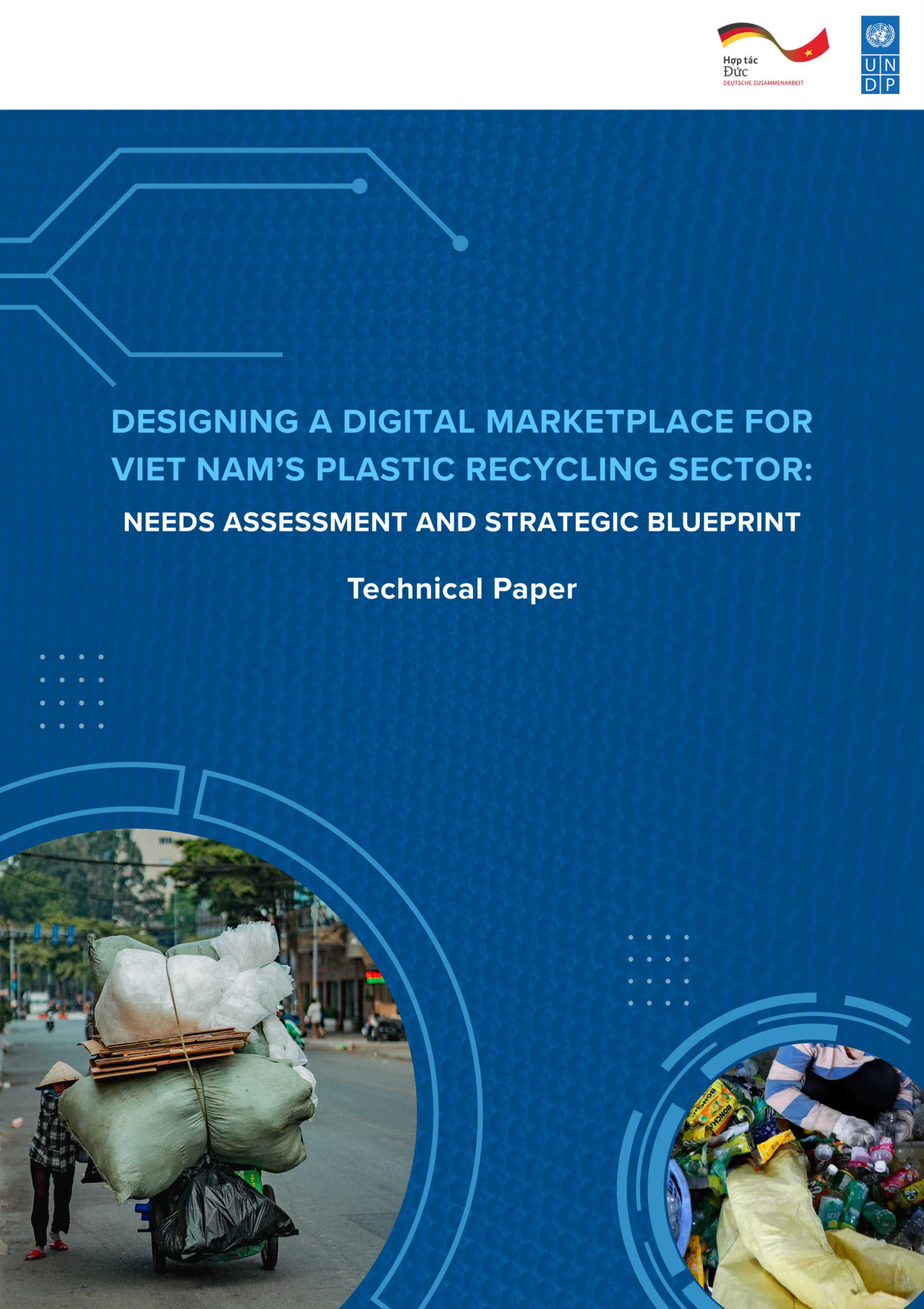Circular Economy Roadmap in Da Nang city
In Vietnam in general and Da Nang City in particular, economic activities have been adopting the traditional approach, which is called linear economy. Goods are produced from raw materials, sold, used (consumed) and then mostly disposed of as waste.
Circular economy is currently becoming a common development trend globally and has been chosen to become the focus of development policies in many countries and cities around the world with the aim toward sustainable development. In Vietnam, Decision no. 687/QD-TTg dated June 7, 2022 of the Prime Minister approving the Project for development of circular economy in Vietnam has also assigned the People’s Committees of provinces and cities to actively develop and implement the roadmap, tasks and solutions to facilitate circular economy models and projects in the localities.
An assessment of current situation and analysis of opportunities and challenges for the development of circular economy in Da Nang City shows that there are many reasons why it is necessary to transform and apply the circular economy model to Da Nang City: (1) put an end to the situation where the volume of waste has been continuously increasing while there is no effective treatment plan and the economic value of waste cannot be exploited; (2) limit negative impacts on the environment caused by the linear economic model; derive benefits in the context of resource scarcity and climate change; (3) exploit the City’s existing high-tech foundation; (4) overcome and correct socio-economic problems such as rapidly aging population, unstable economic growth affected by non-traditional risks, unemployment, low-wage jobs, low skills, income inequality, gender inequality; (5) achieve many targets and indicators required by the SDGs.
To develop circular economy for the City, it is necessary to assess the current situation and specify goals and a roadmap that match the criteria of a circular city. The gap between current situation and future goals will create enormous innovation potential for the City. This proposal is made based on updated content of the Summary Report of the Research on building and developing circular economy in Da Nang City, on the basis of adopting relevant documents associated with the Law on Environmental Protection 2020, supplementing lessons learned from the policy experiment on circular economy in Da Nang City, incorporating gender equity issue and recognizing the importance of an informal waste collection system in the transition to a circular economy model of Da Nang City.
The roadmap for development of circular economy in Da Nang City will be associated with overall and specific visions, goals, tasks and solutions to implement circular economy in Da Nang City within the 10-year national action plan period, from now to 2030.












